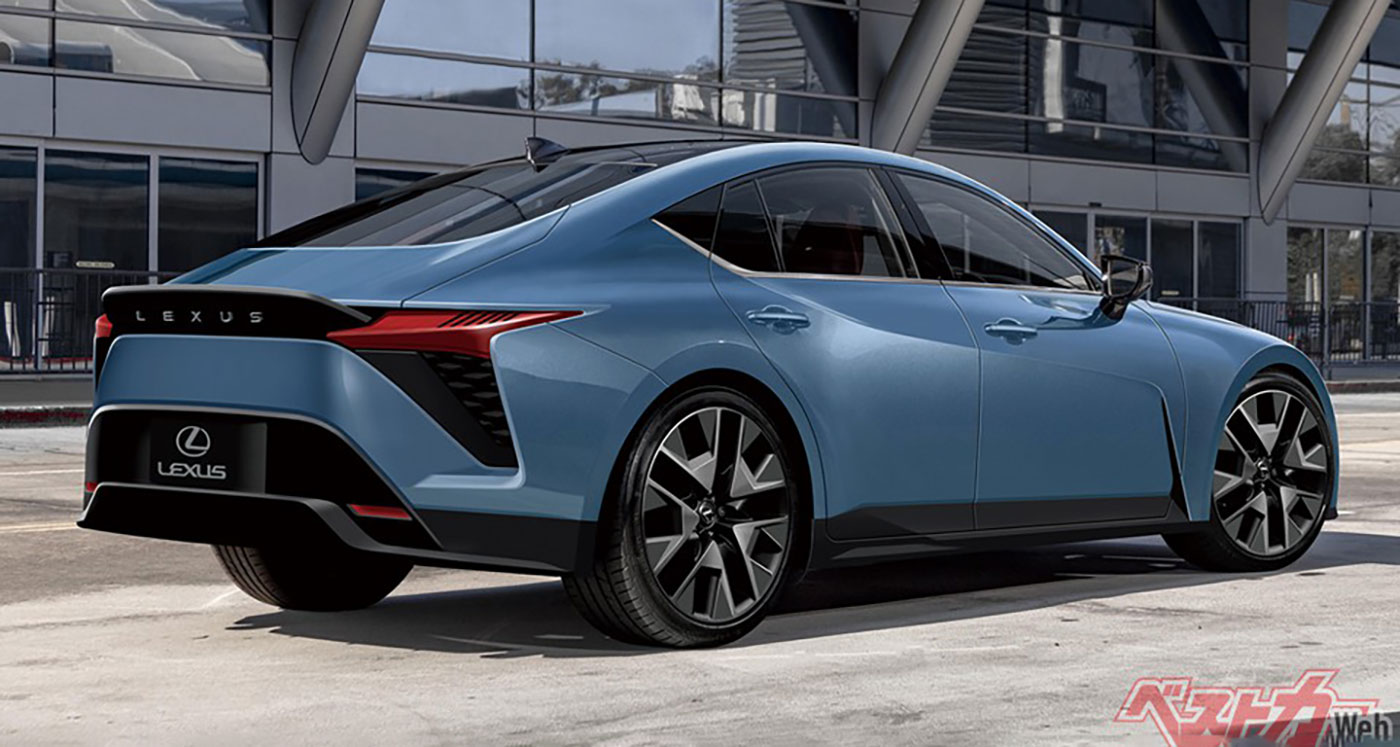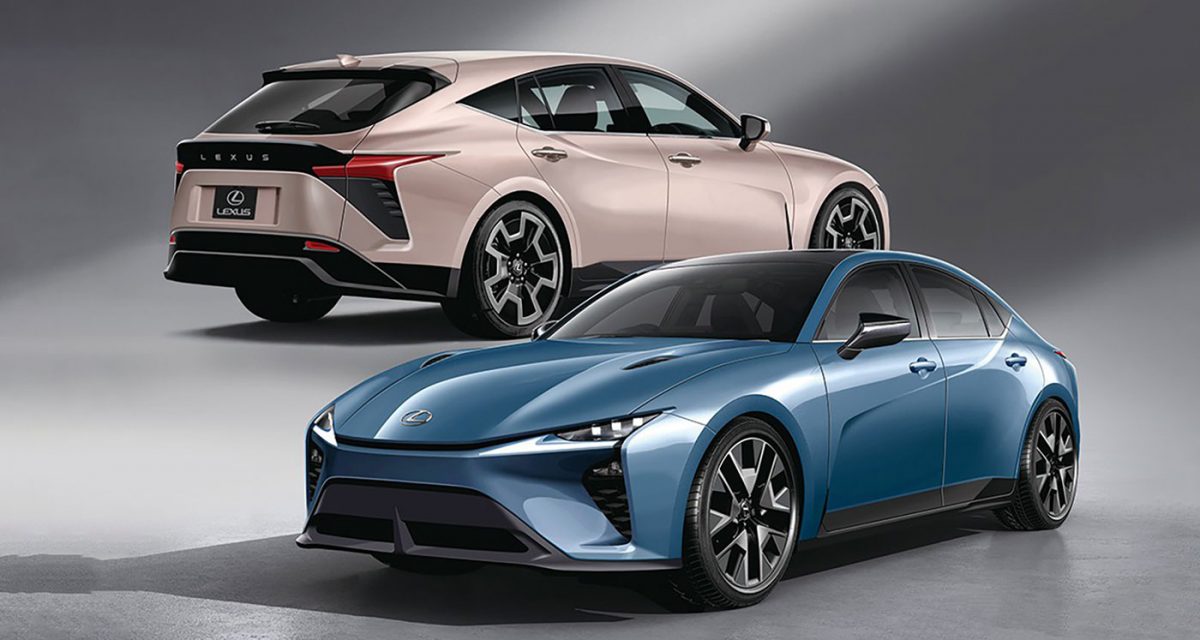Japanese magazine Best Car is reporting that the next-generation IS sedan will debut in 2025 with a battery-electric powertrain and offered as both a sedan and a wagon/shooting brake. This would line up with recent reports that Toyota will abandon the e-TNGA platform used with the Lexus RZ in favour of a more optimized package.


